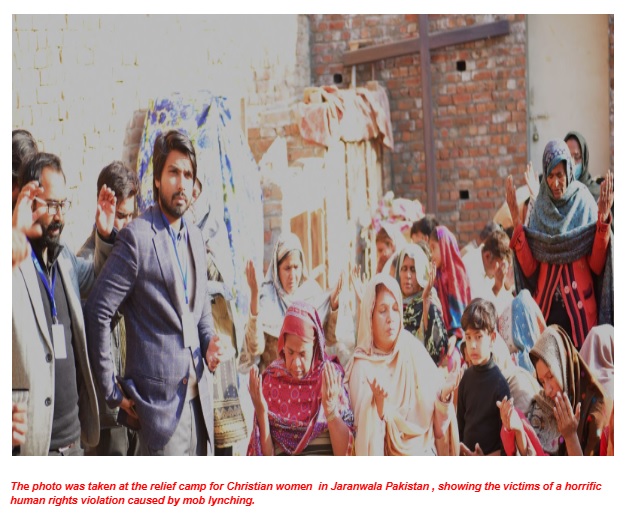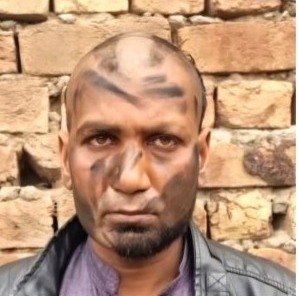
On January 31, 2025, a European Union delegation arrived in Islamabad with a clear and unambiguous message: Pakistan’s continued access to preferential trade benefits under the Generalized Scheme of Preferences Plus (GSP+) is contingent on serious and demonstrable progress on human rights. The visit, led by Olof Skoog, the EU’s Special Representative for Human Rights, underscored a growing impatience within the bloc over Pakistan’s failure to address key issues, including the misuse of blasphemy laws, forced conversions of religious minority girls, and restrictions on freedom of expression.
For over a decade, Pakistan has been the largest beneficiary of GSP+, a trade arrangement that has effectively doubled its exports to the EU since 2014. The numbers are striking: between 2014 and 2022, Pakistan’s exports to the EU surged from €8.3 billion to €14.85 billion. The European market has become a crucial lifeline for Pakistan’s textile, leather, and surgical goods industries, thanks to tariff exemptions and preferential trade access. But the EU is now making it clear—this relationship is not unconditional.
“As we approach the midterm of the current monitoring cycle, we encourage Pakistan to continue on its reform path as it prepares for reapplication under the upcoming new GSP+ regulation,” the EU delegation stated in a press release. The message, though couched in diplomatic language, carried an implicit warning: economic benefits cannot be divorced from human rights commitments.
During meetings with top Pakistani officials—Deputy Prime Minister and Foreign Minister Ishaq Dar, Chief of Army Staff General Asim Munir, and Minister of Law and Justice Azam Nazeer Tarar—the EU delegation raised concerns over Pakistan’s judicial backlog, enforced disappearances, and the independence of its human rights institutions. The issue of forced marriages and religious conversions, particularly affecting Christian and Hindu girls, was also prominently discussed.
Yet, the credibility of these discussions was called into question when it emerged that none of the four Christian lawmakers in the Punjab Assembly were invited to meet with the EU delegation. “Neither the EU mission in Pakistan nor the Pakistan government informed us about the delegation’s visit,” said one Christian legislator, speaking on condition of anonymity. “It’s quite obvious that the government handpicked those people who would tout the official narrative of ‘all is well.’”
The EU’s insistence on human rights reforms is not a new development, but the urgency has increased. Freedom of the press, independence of the judiciary, and protections for minorities are all areas where Pakistan has repeatedly fallen short. Skoog, in his remarks to journalists, reaffirmed that the EU’s GSP+ framework is not just a trade agreement—it is a mechanism for enforcing international human rights obligations. The EU’s leverage is significant: nearly a billion dollars in tariff exemptions are at stake, and Pakistan cannot afford to lose access to its second-largest trading partner.
Despite the gravity of the situation, Pakistan’s Foreign Office has sought to downplay the EU’s concerns. Spokesperson Shafqat Ali Khan described the visit as “routine,” asserting that the GSP+ arrangement is just one aspect of the EU-Pakistan partnership. But with a key monitoring mission scheduled for June, Pakistan’s leadership faces a stark choice: take real, tangible action on human rights or risk an economic downturn that could devastate key industries and exacerbate an already fragile economy.
Time is running out. Pakistan must decide whether it values its economic partnership with the EU enough to uphold the commitments it made over a decade ago. If not, it will have no one to blame but itself when the doors to the European market begin to close.






